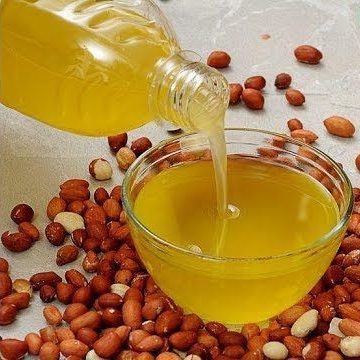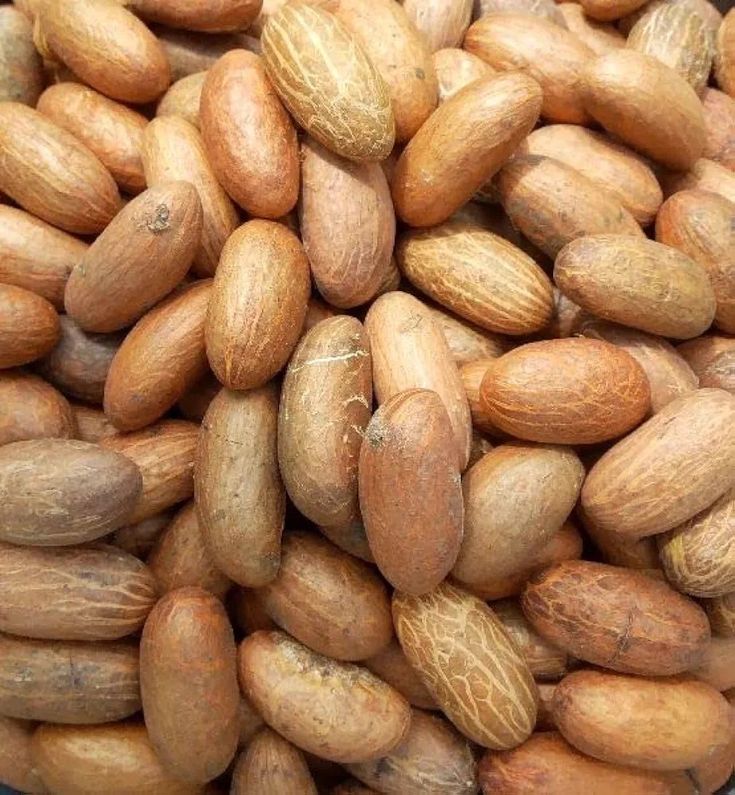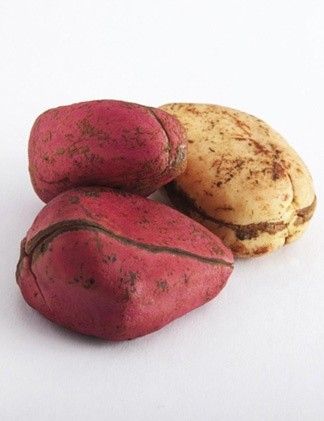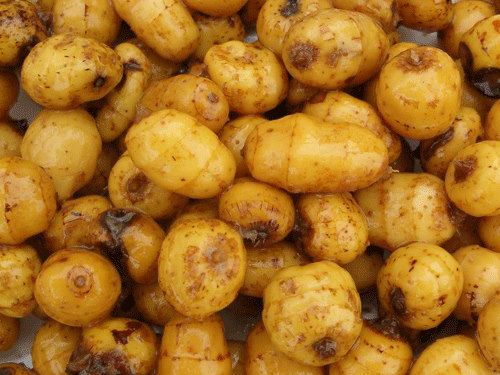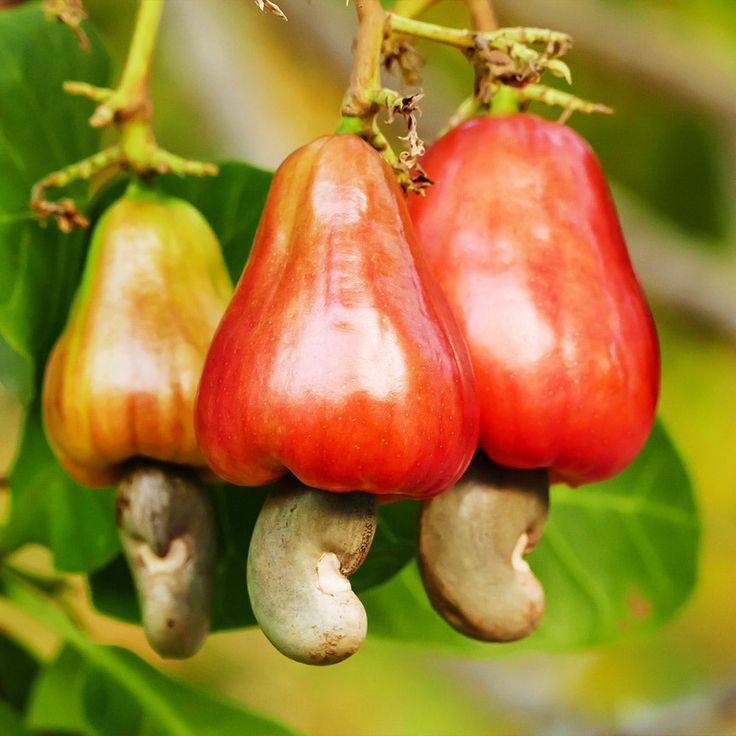Introduction
Groundnut, also called peanut (Arachis hypogaea), is one of the most important oilseed crops in the world. It is cultivated in tropical and subtropical regions and is valued for its edible seeds, which are consumed directly or processed into oil, butter, flour, and other derivatives. Groundnut oil is among the healthiest vegetable oils, while its by-products are critical in food, feed, and industrial applications.
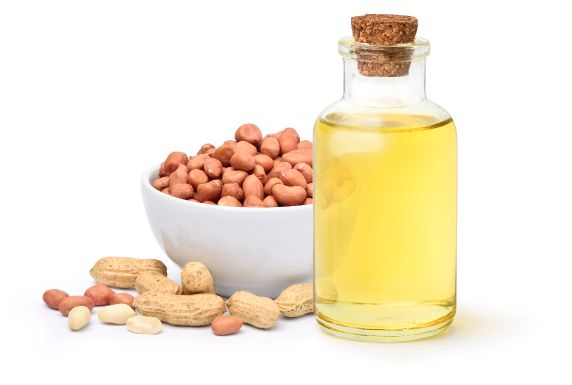
Groundnut (Peanut) as a Commodity
-
What It Is: A leguminous crop that produces underground pods containing edible seeds.
-
Uses:
-
Direct human consumption (boiled, roasted, fried, or ground).
-
Industrial use in oil extraction, peanut butter, confectioneries, and cosmetics.
-
Livestock feed production (using shells, skins, and cakes).
-
-
Forms for Export:
-
Raw Groundnut (in-shell or shelled).
-
Roasted Groundnut.
-
Blanched/Skinned Groundnut.
-
Peanut Flour & Snacks.
-
Groundnut Oil
-
Description: A light-yellow edible vegetable oil extracted from peanuts by pressing or solvent extraction. It has a high smoke point, making it excellent for frying, cooking, and industrial use.
-
Health Benefits:
-
Rich in monounsaturated and polyunsaturated fats.
-
Contains Vitamin E, antioxidants, and phytosterols.
-
Helps reduce cholesterol and improve heart health.
-
-
Uses:
-
Cooking and frying oil.
-
Margarine and shortening production.
-
Salad dressings and confectioneries.
-
Industrial applications in paints, lubricants, soaps, and cosmetics.
-
-
Export Packaging:
-
Retail bottles (250ml – 5L).
-
Bulk drums (20L, 25L, 200L).
-
Flexi-tanks for industrial shipment.
-
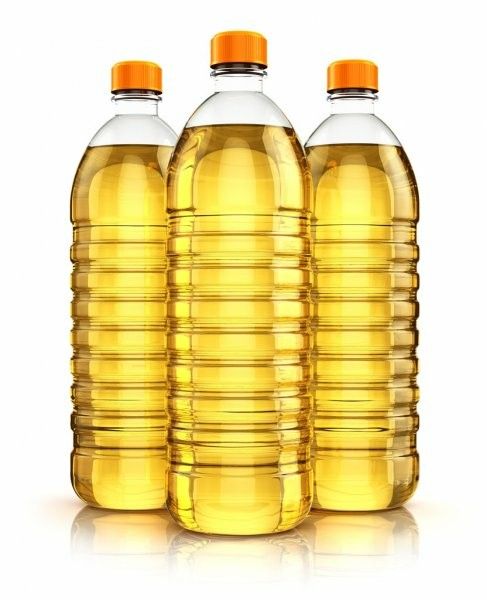
Groundnut Oil By-products
a. Peanut Cake / Groundnut Cake
-
Residue left after oil extraction.
-
Uses:
-
High-protein animal feed for poultry, cattle, and fish.
-
Fertilizer due to its nitrogen content.
-
b. Peanut Hulls (Shells)
-
By-product of shelling peanuts.
-
Uses:
-
Animal bedding and feed additives.
-
Fuel for biomass energy.
-
Filler in poultry feeds and fertilizer industries.
-
c. Peanut Skins (Testa)
-
Outer red/brown layer removed during blanching.
-
Uses:
-
Natural antioxidants in food and pharmaceutical industries.
-
Source of dietary fiber and tannins.
-
d. Peanut Flour
-
Made from defatted peanuts after oil extraction.
-
Uses:
-
High-protein ingredient in baked goods, soups, and snacks.
-
Gluten-free product for health foods.
-
e. Peanut Butter
-
A processed product from roasted groundnuts.
-
Uses:
-
Food spread, confectionery ingredient.
-
Exported widely to Europe, North America, and Asia.
-
Global Market and Export Opportunities
-
Top Importing Countries: China, Netherlands, UK, USA, Canada, Japan, and Middle Eastern countries.
-
Nigeria’s Advantage: Nigeria is one of Africa’s largest producers of groundnuts, especially in Kano, Kaduna, Jigawa, and Bauchi states.
-
Market Demand: Increasing demand for healthier oils and plant-based protein sources boosts groundnut oil and its by-products globally.
Export Specifications
| Product | Moisture Content | FFA (Free Fatty Acid) | Oil Content | Aflatoxin Level |
|---|---|---|---|---|
| Raw Groundnut | ≤ 8% | ≤ 1% | 40–50% | ≤ 20 ppb |
| Groundnut Oil | ≤ 0.2% moisture | ≤ 0.25% | 100% edible | ≤ 4 ppb (refined) |
| Peanut Cake | ≤ 12% | – | – | Safe for feed |
HS Codes for Export
-
Groundnuts, in-shell – HS Code: 120210
-
Groundnuts, shelled – HS Code: 120220
-
Groundnut Oil, crude – HS Code: 150810
-
Groundnut Oil, refined – HS Code: 150890
-
Peanut Cake / Residues – HS Code: 230500
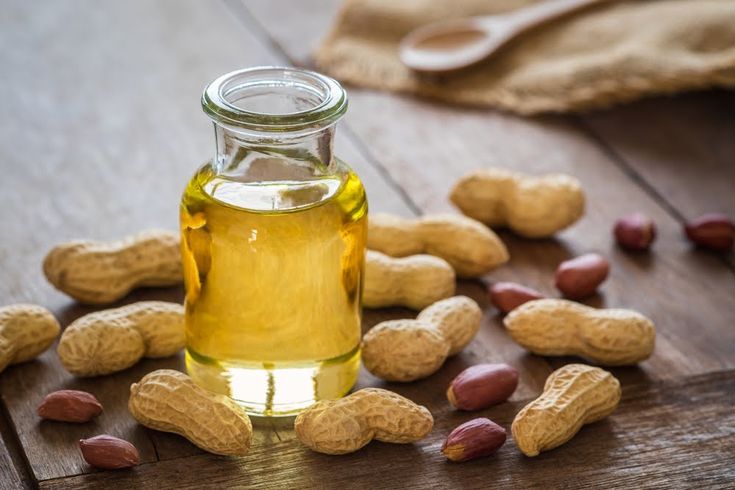
Packaging and Logistics
-
Groundnut Oil: Glass bottles, PET bottles, jerry cans, metal drums, and flexi-tanks.
-
Groundnut Cake: Gunny bags, polypropylene sacks (25kg, 50kg).
-
Peanuts (raw/roasted): Polypropylene or jute bags (25kg, 50kg).
-
Logistics Considerations:
-
Must comply with international food safety standards (HACCP, ISO, GMP).
-
Aflatoxin control is critical for EU and US markets.
-
Use fumigation and moisture control to maintain quality.
-
In summary: Groundnut oil, peanuts, and their by-products form a complete export value chain with high profitability. Exporters can maximize revenue by not only selling raw groundnuts but also processing into oil and utilizing by-products such as cakes, hulls, skins, and flour.

